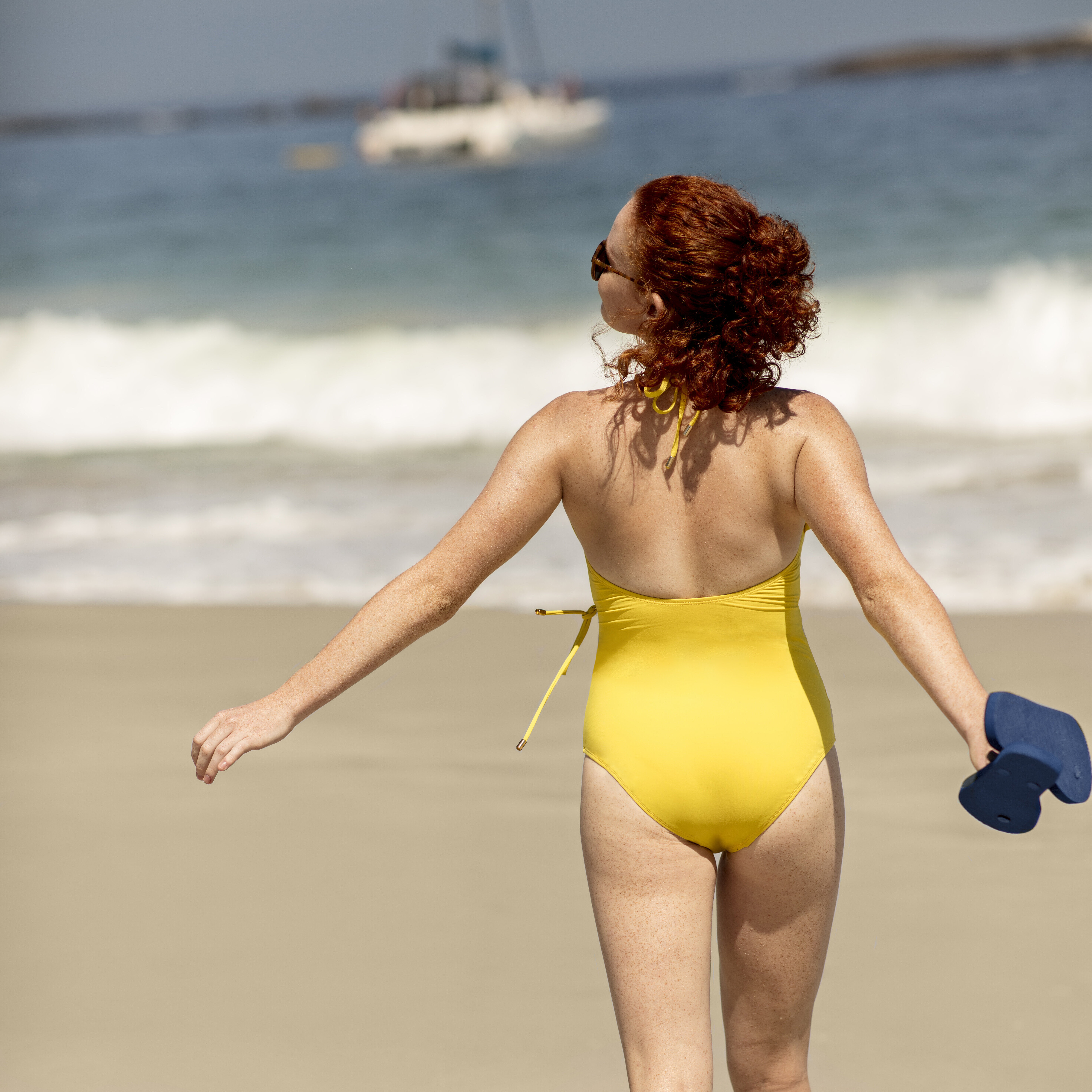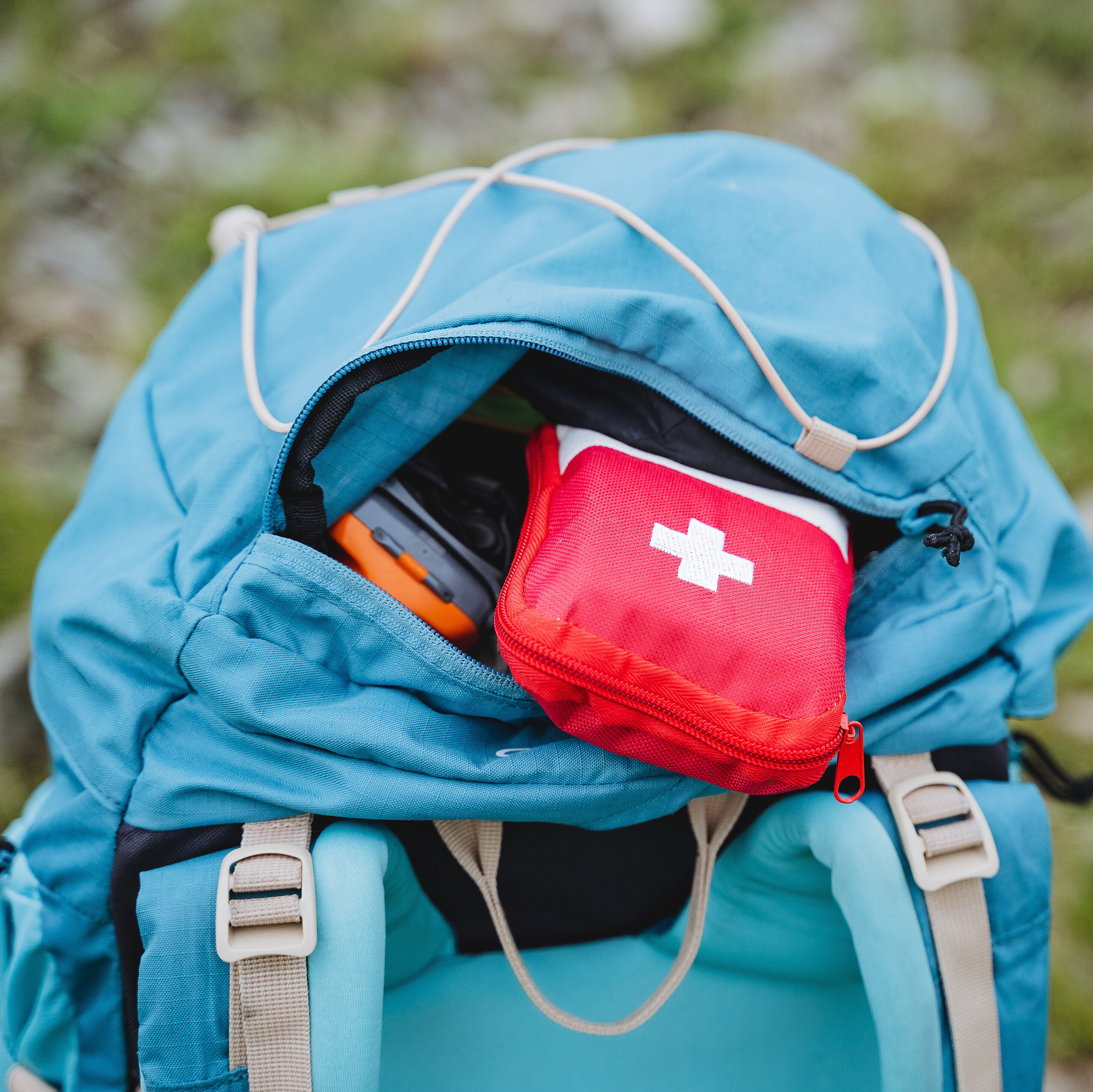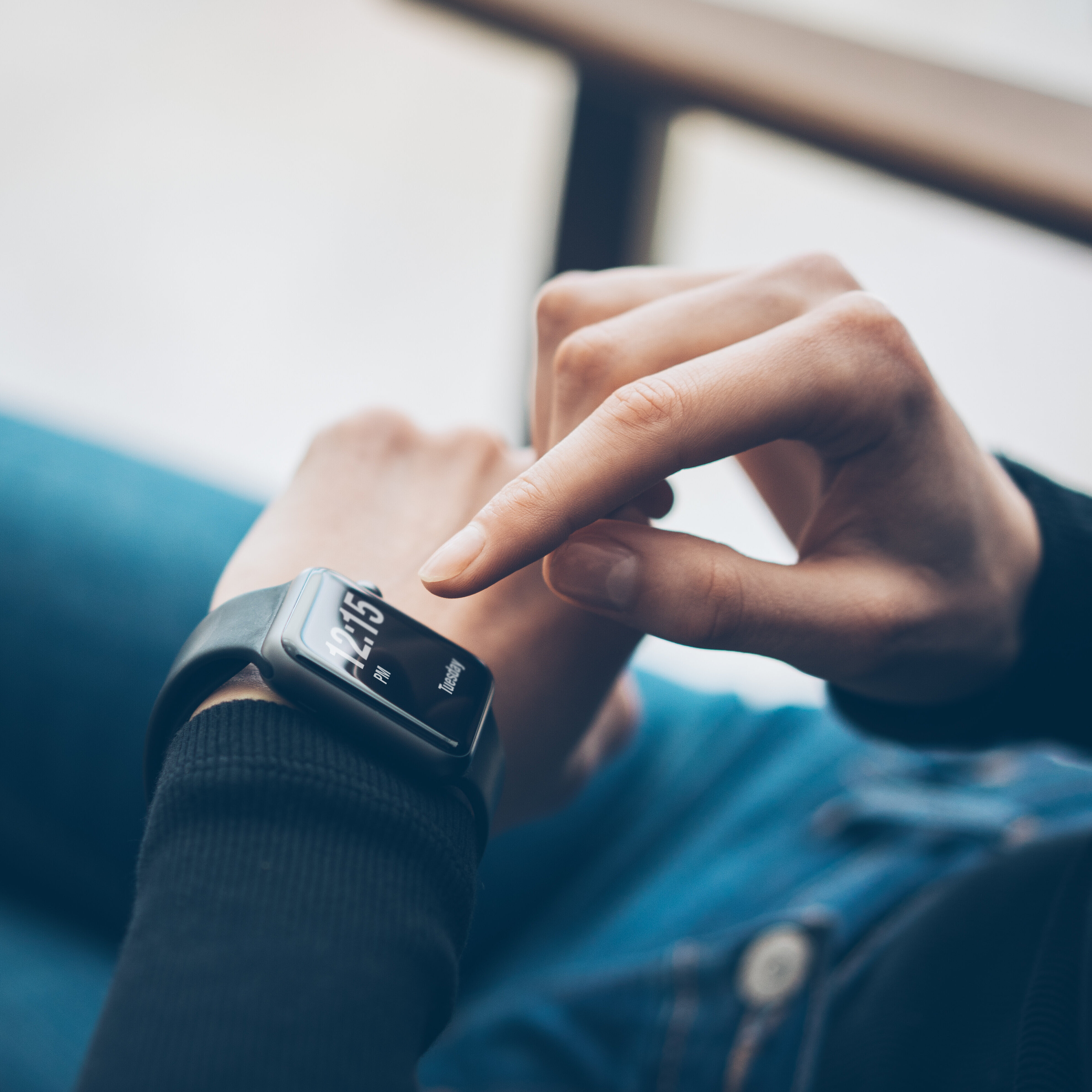Travelling with psoriasis or rheumatism
Holidays are the best time of the year for many of us. With a chronic inflammatory disease such as rheumatism, rheumatoid arthritis, psoriasis or, psoriasis vulgaris, you naturally do not have to forego travelling. However, you should consider some important things when choosing your destination to ensure your health and safety. You can find some useful tips here
Good planning is half the recovery
A time-out from everyday life is not only good for you subjectively, but also makes a valuable contribution to your well-being. Take advantage of your free time to go for long walks, treat yourself to a small wellness programme or enjoy the cuisine of your favourite country. However, you are well advised to consider a few things when planning and carrying out your trip. This may concern the choice of your holiday destination, the desired means of transport, but also, for example, the vaccinations necessary for your trip or the transport of your medication.
Here you will find useful information on the topic of nutrition.
Sun and sun sensitivity Take care of your skin
Sensitivity of the skin to sunlight when taking medicines is often increased. Therefore, try and avoid excessive sun exposure and do not visit tanning beds.
In psoriasis, the sun can have a positive effect on the skin’s appearance. Nevertheless, you should avoid sunbathing without suitable protection in order not to further irritate the skin through sunburn. As a general rule, avoid exposing your skin to the midday sun. If you plan outdoor activities, try to avoid the hours with the most intense sunlight between 11 a.m. and 3 p.m. Always remember to use a sufficiently high sun protection factor and protect your skin with suitable clothing. It is best to use a sunscreen that is suitable both in the UVA as well as in the UVB range and apply it about 30 minutes before spending time in the sun. For optimal protection, reapply sunscreen after swimming, sports, and heavy sweating.
Travel vaccination Let us advise you
For many long-distance journeys, vaccinations are required before the start of the journey. If you need a vaccination and are taking prescription medication for rheumatism or psoriasis, consult your doctor for information on possible risks.
Basically, vaccines are differentiated according to the type of antigens used: vaccines with attenuated pathogens (live vaccines), vaccines with inactivated pathogens or their isolated antigens (dead vaccines) and toxoid vaccines (attenuated toxin).
Depending on the medication prescribed, you may not be allowed to be vaccinated with live vaccines. Vaccination with inactivated vaccines, on the other hand, is usually not a problem. Here you will find a list of the live and dead vaccines that come into question.
Live vaccines
- Yellow fever
- Measles
- Mumps
- Rubella
- Varicella
- Rotavirus
- Typhoid fever (oral application)
- Live herpes zoster vaccine
Toxoid vaccines
- Diphtheria
- Tetanus
For individual advice, please contact your attending doctor or a travel medicine specialist.
Special feature: Flight
Medication and packing your suitcase
Always carry your medicines, especially essential and anti-inflammatory ones, in your hand luggage when travelling by air – ideally in their original sealed packaging. This way you will have access to your medicines in case your checked baggage gets lost or flight times change.

Destinations and climate
When planning your holiday destination, you should consider climatic conditions. The following applies to most rheumatism patients: wet, cold air can intensify complaints, whereas a warm, dry Mediterranean climate has a positive effect. Sun and salt water can have a very positive effect on the skin. Please remember to use adequate sun protection. Swimming in chlorinated water is not harmful for people with psoriasis. After swimming, due to the degreasing effect of water, however, you should apply suitable skincare products. To avoid extreme heat, spring and autumn are particularly suitable for trips to the Mediterranean. Mediterranean cuisine can also have a beneficial effect on your well-being. Light, fresh and easily digestible due to plant-based, fibre-rich foods, plenty of fish and healthy fats, it is considered the basis of a healthy diet.
Not too hot, not too cold
Some medicines are temperature-sensitive and may only be stored between 15 °C and 25 °C, for example. In such cases, if the temperature in the aircraft cabin rises above 25 °C, ask a stewardess to cool but not freeze your medication – for example, in a refrigerator on board.
If you are planning a trip to warmer areas, remember to take a small cooler with you for transport from the airport to your hotel.
Relaxation and breaks
Plan enough breaks during your journey, especially in case of longer flights. Get up regularly and walk around a little to promote blood circulation and reduce possible pain.
Drink plenty
Drink enough water during the flight to maintain good hydration as this can also help with inflammatory conditions.
Restrictions and guidelines
There are a few things to bear in mind when it comes to taking medicines onto the plane:
Liquid medicines Liquid medicines are generally allowed in hand luggage as long as they are packed in containers with a maximum capacity of 100 ml per container. These containers must be carried in a clear, resealable plastic bag with a volume of no more than one litre. It is advisable to carry a medical certificate stating the necessity of these medicines.
Tablets and solid medicines Tablets and solid medicines for the treatment of inflammatory diseases are usually allowed in hand luggage. However, it should be clarified in advance whether there are any quantity restrictions in the desired country of travel. In principle, it is always advisable to take only the required quantity and, if necessary, an emergency reserve for the duration of the journey.
Syringes and needles Syringes and needles are allowed in hand luggage if they are medically necessary. It is important to carry a medical certificate or doctor's note to avoid problems at the security check or on board.
It is advisable to check with the airline and relevant authorities for specific guidelines and regulations before travelling, as these may vary by country and airline. Also note that some countries may prohibit or require permission to import certain medicines.

Covered for an emergency?
Wherever you are going, you should always check in advance with your health insurance company whether your insurance also covers any necessary treatment. This gives you the certainty of receiving support in case of an emergency and you can start your holiday in a relaxed state of mind. In addition, you should think about taking out international health insurance and cancellation insurance. In case of doubt, this will also cover chronic illnesses. Ideally, you should not travel alone. A travel group or companion can help you if necessary and inform a doctor in an emergency.
Infection-free through the most beautiful time of the year
Regular use of so-called ‘immune modulators’ can weaken the body's defences. Pathogens such as bacteria, viruses or fungi may cause an infection in patients more quickly than in other people.
An infection spoils the joy of every trip, but many travel diseases can be prevented. Therefore, you should pay special attention to hygiene, especially on holiday.
A large number of pathogens are transmitted from person to person via the hands. You can do a lot to prevent infection by washing your hands frequently with soap and water (from a dispenser) and then disinfecting your hands. Instead of using your hands, you could also use your elbows to open doors, for example.
Some pathogens can also be transmitted via food. Especially on holiday, it is therefore better to avoid eating undercooked meat, raw fish (e.g. sushi) or products with raw eggs (e.g. mayonnaise or tiramisu).
Preferably drink industrially bottled water and also use it for brushing your teeth, if necessary. Avoid unpeeled fruit, ice cream, raw vegetable salad, ice cubes and drinks from dispensers.

Remember the time difference
Quite a few holidays begin with a flight of a few hours and an associated shift of time in one direction or the other. A problem that the time shift brings with it arises for patients who have to take medication permanently at certain times. There are wristwatches that display a second time zone – here you can simply follow the time at home and thus easily keep to the interval between taking the medication. Smartphones also offer enough flexibility via the individually adjustable alarm clock so that you do not forget to take your medication at the usual time.





